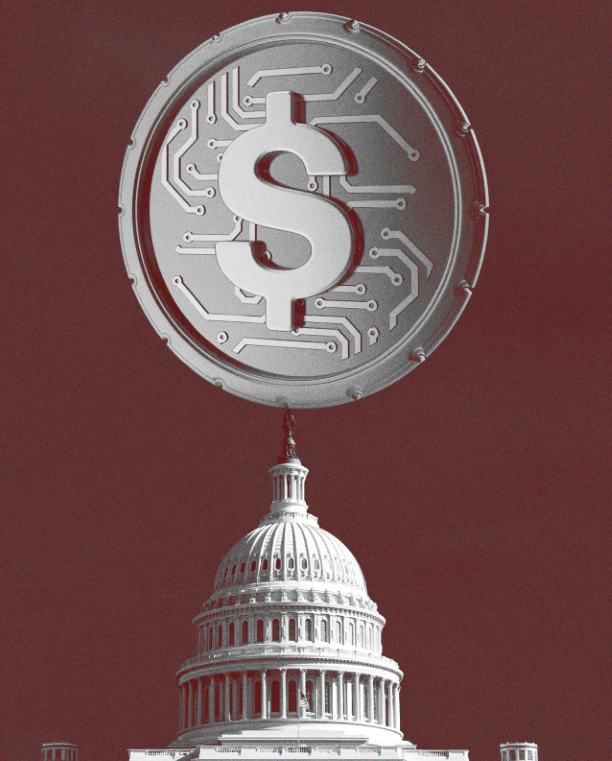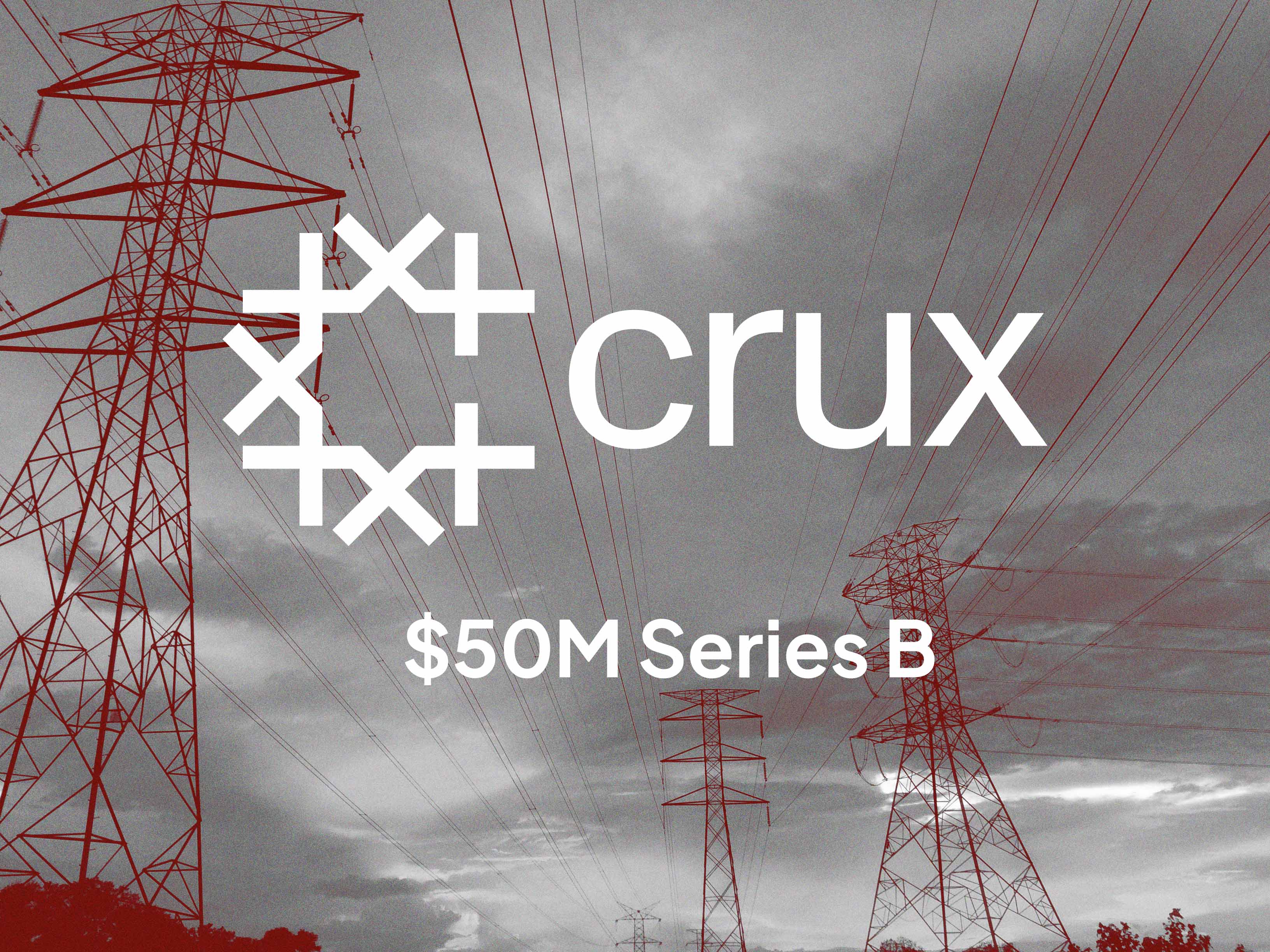Congress has passed the One, Big, Beautiful Bill (link to full text here). It is one of the most important shifts to US welfare, immigration, and tax policy in a generation. Who wins, who loses, and what does it mean for VCs and start-ups? We actually read (most) of the 870-page bill to find out. Here’s what we learned:
Tax & Fiscal Policy: The US deficit will increase by $3 to $4 trillion, pushing it to the highest level in both relative and absolute terms in the history of the US. To accommodate the growing deficit, the debt ceiling is going up by $5 trillion. If you live in a high tax state like New York, or you have kids, your taxes will decrease modestly. If you’re moonlighting as a bartender, you’re also in luck. If your company ever turns a profit, it will be taxed at 21% instead of 35%.
- Income and corporate tax rate remain at lower levels: Without this legislation, individual and corporate tax rates would have increased next year, so most of the personal savings will not be new, per se, though there are major cuts (more on this below).
- The standard deduction will increase by $750 in 2025 with inflation adjustments every year.
- Similar to income taxes, the corporate rate will be permanently lowered from 35% to 21% (where it has already been since 2017).
- Read more on the tax cut extensions here.
- SALT tax deduction cap increased: The SALT deduction allows taxpayers to write off part of their local and state taxes. It currently stands at $10k/year and will increase to $40k/year until 2030. This increase generally benefits high earners living in areas with high state and local taxes, like New York or New Jersey. Read more on the SALT cap here.
- New overtime and tips deductions: Americans who work over 40 hours/week in hourly jobs will be able to deduct up to $12,500 of overtime from their income through 2028. Tipped workers will have a new deduction up to $25,000 against federal income taxes, while they’ll still have to pay state/local income and payroll taxes. Read more on these deductions here.
- “Bonus” for seniors and parents: Americans aged 65 and older are set to receive a deduction of $6,000, regardless of whether seniors are claiming the standard deduction or itemizing. This is in lieu of Trump’s promised end to all taxes on social security payments. Read more on the senior “bonus” here. The Child Tax Credit (CTC) is increasing from $2,000 to $2,200 and will rise each year with inflation. Read more on the CTC here.
Defense, Homeland Security, and Immigration: Trump is fulfilling his campaign promise to go after illegal immigrants. DHS budget will grow 10x as the agency accelerates efforts to slow illegal immigration and identify and deport undocumented immigrants. Industries that depend on immigrant labor, like agriculture, restaurants, and residential construction, will be under pressure. DoD will be getting an additional $150 billion for priorities like missile defense and shipbuilding, some of which spending will likely benefit VC-backed defense companies.
- Immigration and Customs Enforcement (ICE): Set to receive a 10x increase to their budget, from $10 billion to $100 billion through 2049. The bill has earmarked $45 billion for detention facilities, $46 billion for a border wall between the United States and Mexico, $14 billion for deportation operations, all while increasing headcount from 6k agents to 16k. Read more about ICE funding here.
- Defense: The OBBB allocates $150 billion to the DoD on top of their usual budget, including $25 billion for a comprehensive missile defense system, or a “Golden Dome” as described by President Trump. Other priorities include shipbuilding, new space capabilities, and munitions manufacturing. Read more on defense spending here.
Welfare Policy: You probably won’t lose your insurance, but somewhere between 12 and 17 million low-income Americans will. Hospitals will be under financial pressure due to lost government spending. Medicaid recipients and government agencies will have whole new categories of paperwork to complete. SNAP food benefits will be cut by 20%.
- Medicaid cuts. In the 40 states that have expanded Medicaid, recipients will have to prove they’re working, studying, or volunteering for at least 80 hours a month. Provider taxes, which states use to increase payment rates to hospitals and other care facilities, are being cut back. States are also being required to charge Medicaid patients a $35 copay for many services. Rural hospitals will be eligible to receive funds from a new $50 billion fund. The Congressional Budget Office has estimated that these cuts will directly result in 12 million more uninsured Americans within a decade. Read more on the Medicaid cuts here.
- Changes to the ACA: The OBBB is making changes to the Affordable Care Act (ACA) marketplace, specifically around shortening the enrollment window and increasing the amount of paperwork for beneficiaries. When enrollment shrinks, costs for participants increase to make up for the shortfalls. Read more about ACA changes here.
- SNAP: The Supplemental Nutrition Assistance Program (SNAP) is cut by $186 billion, or 20%, through 2034, the biggest decrease in program history. Most states will be required to pay between 5% and 15% of program costs. If they can’t pay via tax increases or spending cuts, those states will have to restrict eligibility or opt out of the program entirely. Read more on the SNAP cuts here.
Energy: The OBBB is a major set-back for the clean energy and cleantech industry, especially wind and solar. Many companies in these sectors will need to completely rethink business models. Hydrogen, battery storage, and nuclear are getting better treatment.
- Electrification subsidies: The $7,500 tax credit for purchasing/leasing a new EV, or $4,000 credit for a used EV, will end in September. The 30% residential solar benefit will also end in September, putting a major damper on the fast-growing residential solar industry. Other energy-efficient improvements like batteries and appliances will only be available for projects that finish before the end of 2025, while for new residential and commercial buildings incentives will apply so long as construction begins before June 2026. Read more about the OBBB’s impacts on electrification here.
- Clean generation cuts and storage protections: The clean energy credits that have bolstered the wind and solar industry will be terminated for any facilities not in service by December 31st, 2027 (beginning construction by then will not suffice). Hard cutoff, no tapering year by year. Energy storage products will operate with the existing construction deadline for credits of 2032, with a yearly drawdown until 2036. Both generation and storage have new Foreign Entity of Concern (FEOC) stipulations. Any solar/wind facilities that get “material assistance” from FEOCs after 2025 will not get any credits; storage has the same rule, but based on a more generous percentage of components. Read more on the new state of clean energy credits here.
- Oil & gas gains: The OBBB will direct the Department of the Interior to “immediately resume” quarterly onshore lease sales more drilling onshore and offshore, delay fees for environmental harms like methane leaks, and accelerate NEPA review for companies that pay a fee. Read more on O&G winnings from the OBBB here.
AI: States maintain regulatory flexibility: The Senate removed the House moratorium on state-level AI regulation. Both Democrats and Republicans attacked the moratorium as a states’ rights issue. Strange bedfellows. AI regulation will remain a state-by-state issue, for now. Read more on the failed AI moratorium here.
With sweeping tax cuts, deep welfare rollbacks, and a massive boost to defense and deportation spending, the One, Big, Beautiful Bill may be the clearest statement yet of where Washington is heading under President Trump. Whether it’s beautiful or brutal depends on your income, your industry, and your citizenship. For VCs and founders, the bill offers lower taxes and new opportunities in defense, but cleantech and healthcare face major challenges.












.png)
